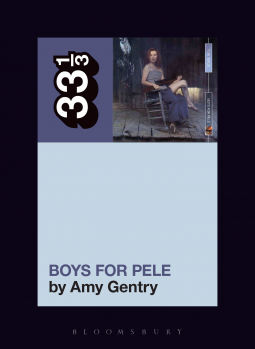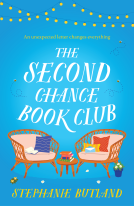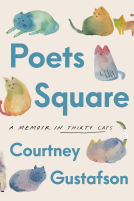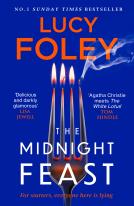
Tori Amos's Boys for Pele
by Amy Gentry
This title was previously available on NetGalley and is now archived.
Send NetGalley books directly to your Kindle or Kindle app
1
To read on a Kindle or Kindle app, please add kindle@netgalley.com as an approved email address to receive files in your Amazon account. Click here for step-by-step instructions.
2
Also find your Kindle email address within your Amazon account, and enter it here.
Pub Date 1 Nov 2018 | Archive Date 1 Nov 2018
Talking about this book? Use #ToriAmos'sBoysForPele #NetGalley. More hashtag tips!
Description
It's hard to think of a solo female recording artist who has been as revered or as reviled over the course of her career as Tori Amos. Amy Gentry argues that these violent aesthetic responses to Amos's performance, both positive and negative, are organized around disgust-the disgust that women are taught to feel, not only for their own bodies, but for their taste in music. Released in 1996, Amos's third album, Boys for Pele, represents the height of Amos's willingness to explore the ugly qualities that make all of her music, even her more conventionally beautiful albums, so uncomfortably, and so wonderfully, strange. Using a blend of memoir, criticism, and aesthetic theory, Gentry argues that the aesthetics of disgust are useful for thinking in a broader way about women's experience of all art forms.
Available Editions
| EDITION | Paperback |
| ISBN | 9781501321313 |
| PRICE | US$14.95 (USD) |
Links
Featured Reviews
A thoughtful and detailed exploration of music, culture, and a complicated artist. This book worked for me nostalgically and academically.
 Christine R, Media/Journalist
Christine R, Media/Journalist
A fiercely argued, brilliantly incisive take on disgust, gender, and the politics of taste. The discussion of the philosophy of aesthetics can feel a bit tiresome, but the rest of the book is gripping reading, which is an impressive feat for a music book.


















